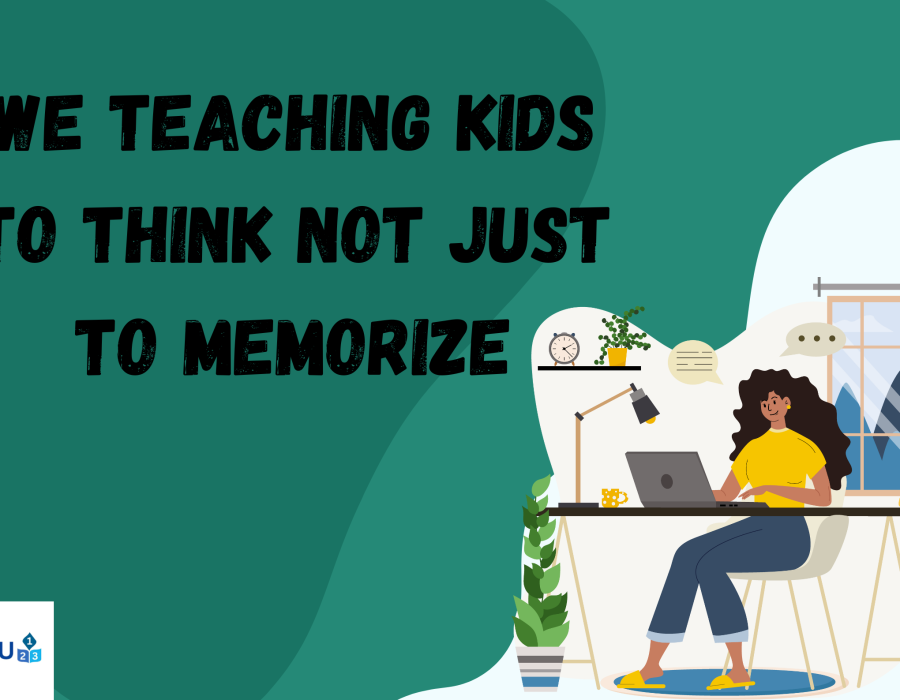For decades, education has revolved around rote memorization learning facts, formulas, and dates only to repeat them in exams. But times have changed, and so has the way we define learning.
Today, forward-thinking institutions, including boarding schools in Mumbai, are leading a shift toward teaching students how to think critically, solve problems creatively, and apply knowledge in real-life contexts.
This evolution is not just a trend; it's a response to the demands of the modern world. In an age where information is available at the click of a button, the ability to memorize is far less important than the ability to analyze, question, and innovate.
Why Memorization No Longer Works
Traditional memorization-based learning often focuses on short-term performance. While it may help students pass tests, it does little to promote deep understanding or long-term retention.
More importantly, it fails to prepare students for real-world challenges where thinking on your feet, collaborating, and adapting are crucial.
In contrast, teaching students how to think equips them with transferable skills like reasoning, evaluating sources, and making informed decisions that they can use throughout life, both personally and professionally.
How Schools Are Changing Their Approach
Educators across the globe are reimagining classrooms to foster curiosity and active learning. Boarding schools, known for their immersive academic environments, are particularly well-positioned to lead this change.
With extended learning hours, smaller class sizes, and integrated co-curricular programs, these schools offer the perfect setting for critical thinking to flourish.
Some of the ways they’re doing this include:
- Project-based learning: Encouraging students to research, plan, and present solutions to real-world problems.
- Socratic questioning: Teachers guide students to ask “why” and “how,” rather than just accept facts at face value.
- Open-ended assessments: Shifting from multiple-choice tests to essays, debates, and presentations that require original thought.
The Role of Technology and Collaboration
Technology, when used thoughtfully, supports thinking-based education. Tools like simulations, coding platforms, and interactive content allow students to experiment and engage with concepts dynamically.
They’re no longer passive recipients of information they’re active participants in the learning process.
Moreover, collaborative activities in boarding school settings help students learn from each other. Group projects, student councils, and peer mentoring programs encourage dialogue, debate, and leadership skills that go far beyond textbooks.
Developing Lifelong Learners
The ultimate goal is to create lifelong learners students who are not just trained to recall facts, but who are equipped to learn, unlearn, and relearn as the world changes. This kind of mindset builds confidence, adaptability, and resilience traits increasingly valued in higher education and the workforce.
Parents are also recognizing the value of this approach. They want their children to graduate not just with grades, but with the ability to solve complex problems, communicate effectively, and think for themselves.





Comments